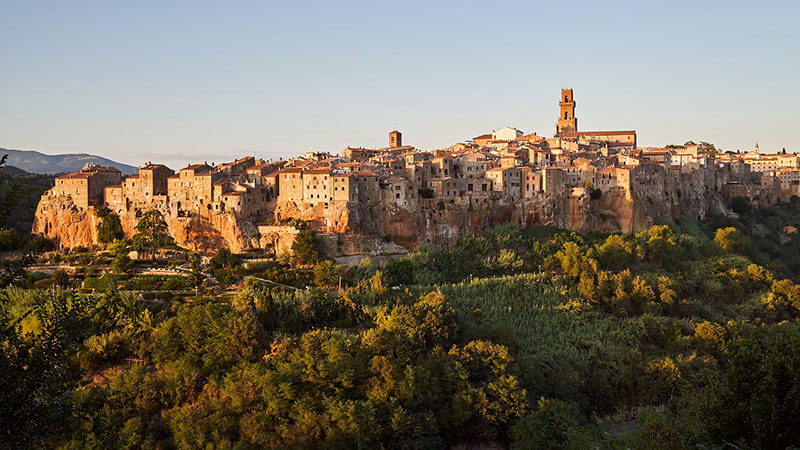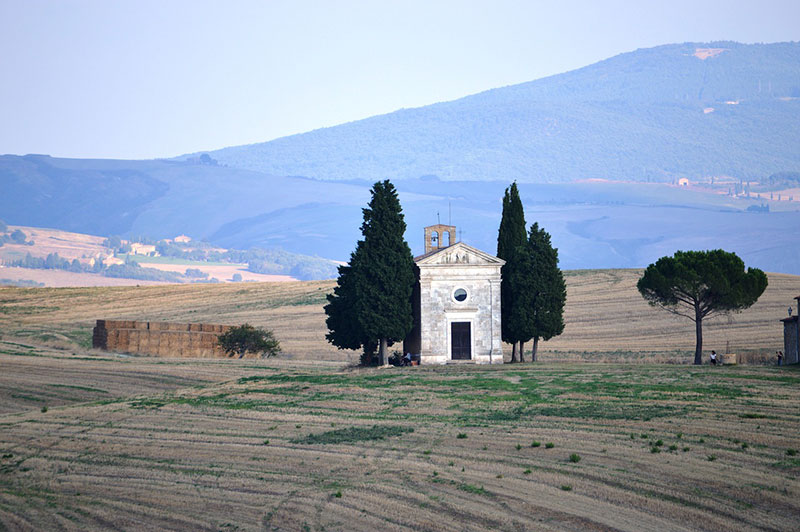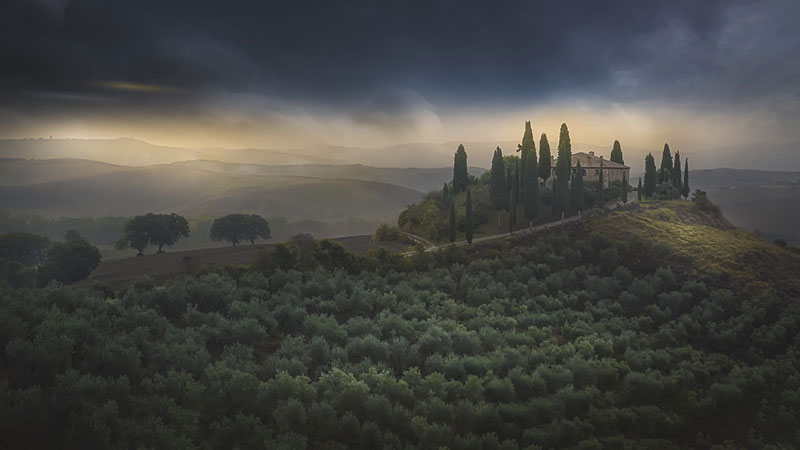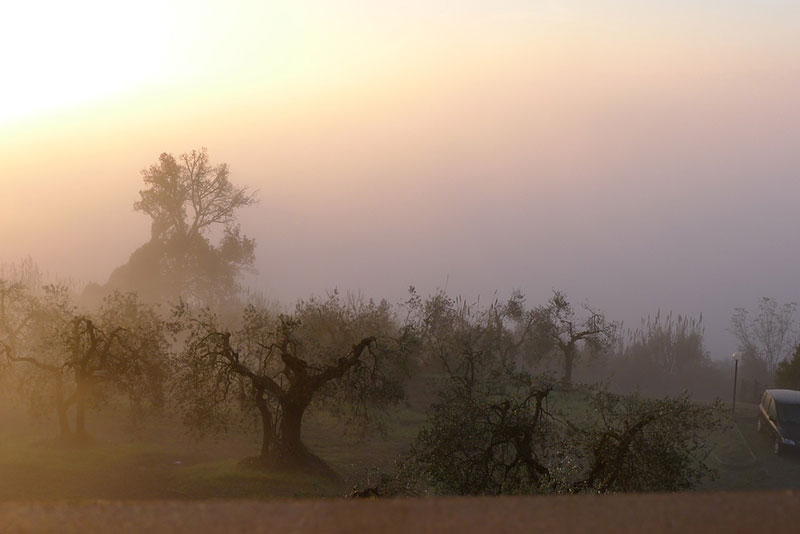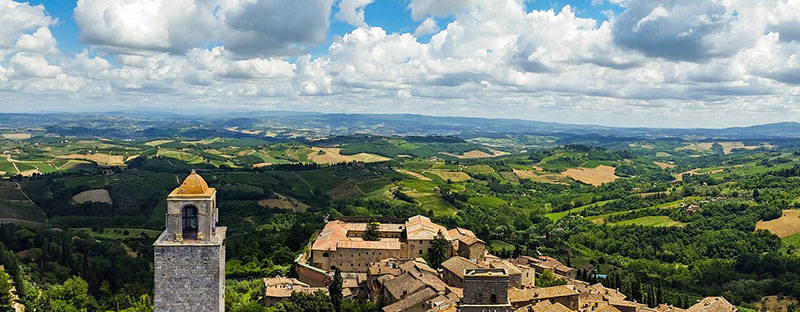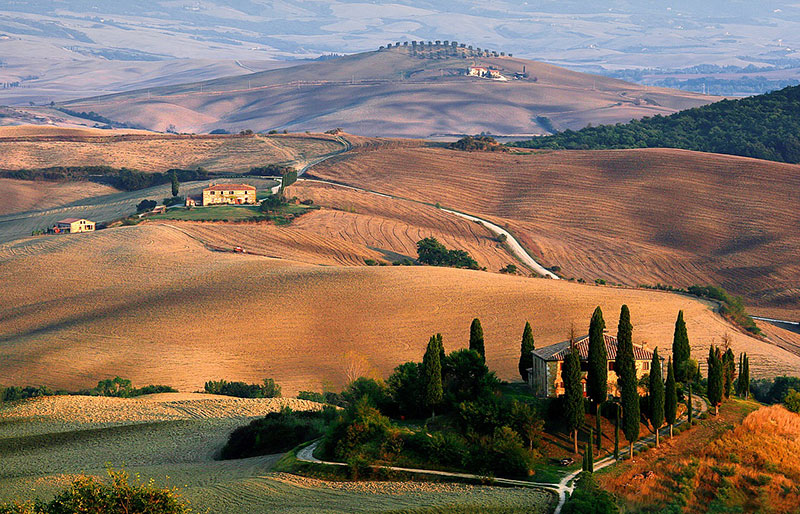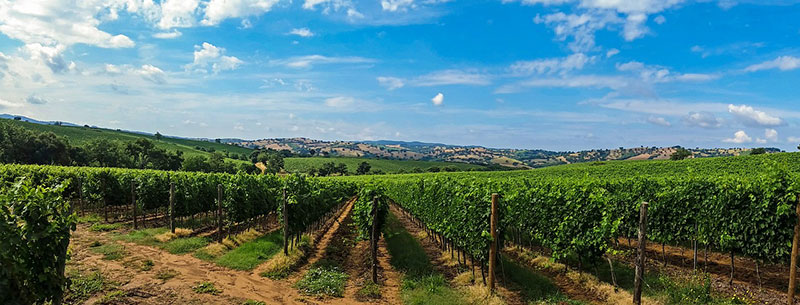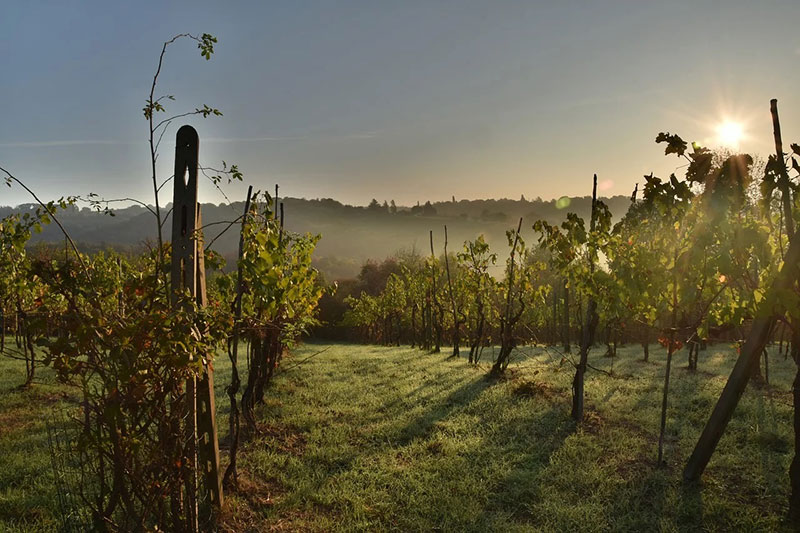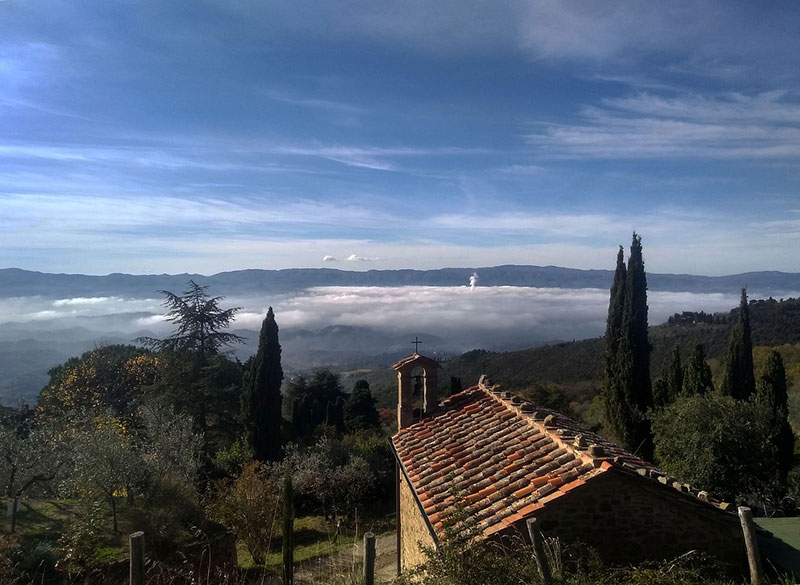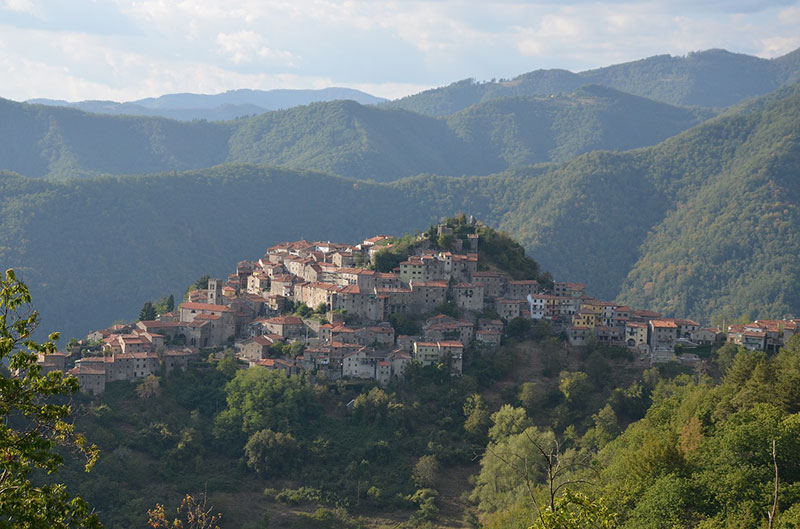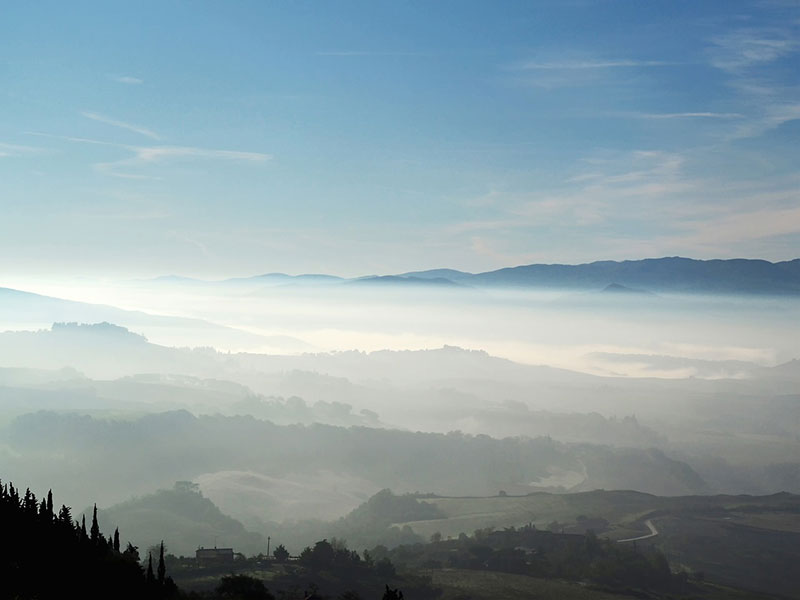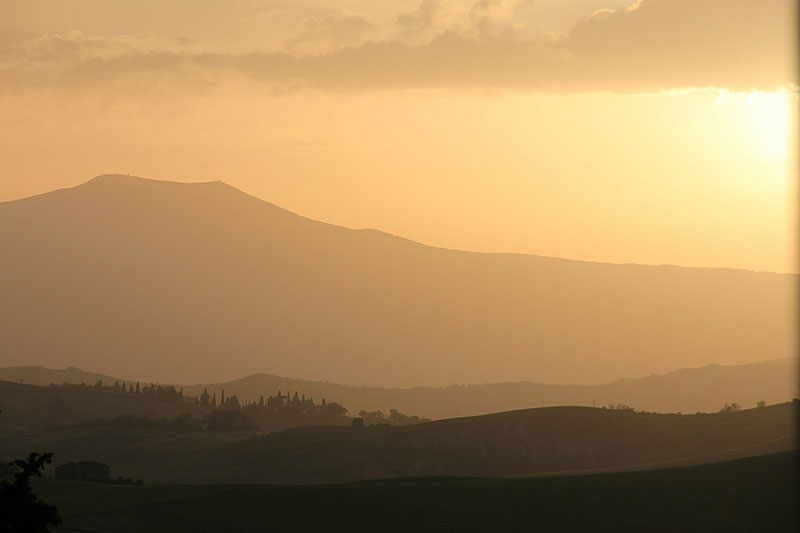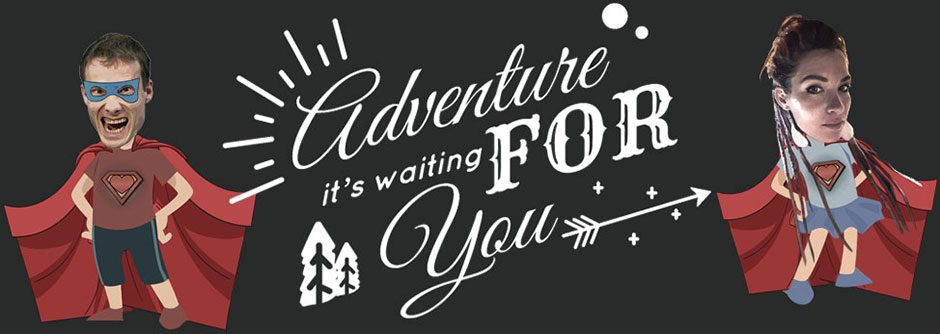Crossing the Apennines and the Apuan Alps
Towards the end of our trip to Italy this year, two really big challenges await us once again. The second, which is the final of the Italy trip, so to speak, is the crossing of the Alps, which awaits us at the end of the month. The first one is the crossing of the Apennines or more precisely the Apuan Alps. A project that we have started today and in the last few days.
What are the Apuan Alps?
The Apuan Alps, are the upper part of the Apennines. That mountain range, which extends from the Alps down to southern Italy and covers almost the entire central area of the country. Since we landed with the last ferry at the west coast of the shoe and from here we want to go to Central Europe again, we had to cross the mountains sooner or later. However, we underestimated it by far due to its height and especially due to the difficulty in terms of gradient and weather conditions. Although the mountains look rather cute on the map, our pass was still at 1500 meters today.
Also in the last days we have already accumulated a lot of altitude meters on our watch. On average it was 300 to four hundred. Two days before even 600 meters of altitude difference had been in one piece. This had already seemed like an almost unsolvable challenge to us. Today, however, we had to face twice as much difference in altitude.
bad weather
Just in time for the day we reached the mountains, it had started to rain and since then we had the most uncomfortable weather for over half a year. It was windy, wet and cold. This is the combination that one usually likes best and that the East Frisians call "bad weather" in technical jargon.
Especially at night this became a serious problem. This is because Italians are not known for their good and effective heat insulation technology, nor for their willingness to heat. How the people managed to cope with the conditions here remained a mystery to us. When it got cold and uncomfortable here, they simply closed all the bulkheads. One sat down with a hot tea at the heater or the crackling fireplace and put one's feet in fur slippers. Here one put on three long underpants and tried to pretend that it was still hot and sunny. Not a single chimney showed clouds of smoke. And wherever you looked, you saw doors and windows open wide to welcome the wind, the wetness and the cold.
Heaters are essential for survival
Nevertheless, we fortunately managed to find at least one small heat source that enabled us to live through the night without becoming an icicle.
We spent the first night in a meeting room of the town hall, through the crack of the door you had a wonderful view of the mountain panorama. Here there was only a big heating system, which converted the energy mainly into a loud, monotonous noise, so that there was not much left for warmth. But fortunately, a friendly employee of the city hall additionally equipped us with a small radiant heater. There was little from the parish priest, who should have been looking after pilgrims in a place so close to the Via Francigena. Above all, he contributed the phrase "Let me know if you need anything! He obviously did not mean that he would really help you if you got in touch with him.
The second night we reached a small mountain village where the priest was much more friendly and helpful. He had been living and working here for almost forty years now and thus belonged to the primary rock of the village. Without much ado he put the house of a former colleague at our disposal, whose position had been cancelled. Among other things, it contained a gas heating system. Although it was also indescribably loud, it generated heat at least within 5 minutes. It even became so hot that you could have worked in your underwear.
A guest at the Ristoro del Venturo
Finally, on the third night, we were given a communion room by another priest, where mushroom cultures were already springing up because it was so damp and unused.
But then we had our highlight place last night. More or less by chance we came across a holiday farm called "Il Ristoro del Venturo" at the foot of the big mountain. When we arrived there, the restaurant was just occupied by a group of quite funny people. They held their weekly Saturday meeting here and invited us for lunch as well. The host also turned out to be a very friendly and helpful contemporary. He not only gave us a small apartment, but also provided us with dinner, breakfast and a lot of helpful information. What was specially delicious was the antipasti plate in which we could have sat down if this would not have looked funny in front of the other guests. Also our accommodation was excellent. It was simple and without any big frills, but it was warm and offered either a hot shower as also comfortable beds.
The information, however, was somewhat sobering. There was already snow in the upper part of the mountains. Last night it had been so cold that the pipes in the former monastery on the summit had frozen.
Between beauty and destruction
All in all, two voices came up when we thought of this part of Tuscany, which we now travelled through. On the one hand it was a beautiful and at the same time epochal and extremely impressive landscape. On the other hand, it had been destroyed by man in so many areas that it almost hurt. All the valleys through which a river ran were covered with paper mills. These contributed to the high humidity with their enormous amounts of water vapour that was blown into the sky. They also produced a permanent noise that could still be heard even in the small, idyllic and remote mountain villages. The most negative effect, however, was that they lured a lot of trucks into the otherwise quiet mountain area and thus multiplied the traffic volume.
The gift of the mountains
Only when you spiraled further up, as we did today, could you enjoy the original power of the mountains. Sure, the ascent almost killed us, because once again we had managed to spread the 1200 meters of altitude difference over just 11 km. But still we were rewarded with great views and an incomparably powerful feeling.
When we reached the first village after the summit, it was already getting dark. It took a while until we had organized everything, which was rather suboptimal in the cold and with completely sweaty clothes. But then we had a warm place in a former school and everyone had a hot pizza to fortify.
The slogan of the day: Only one more curve, then it goes uphill again Height difference: 350 m / 660 m / 360 m / 1350 m / 553 m Daily stages: 23 km / 32 km / 20 km / 27 km / 25 km 1. stage finish: Municipal event hall, Villa Basilica, Italy 2. stage finish: Church community hall, Piano di Coreglia, Italy 3. stage destination: Agriturismo, Il Ristoro del Venturo, Via Madonna della Tosse, Caselnuovo di Garfagnana, Italy 4. stage finish: Former school, Piandelagotti, Italy 5. stage finish: Rectory, Montefiorino, Italy

